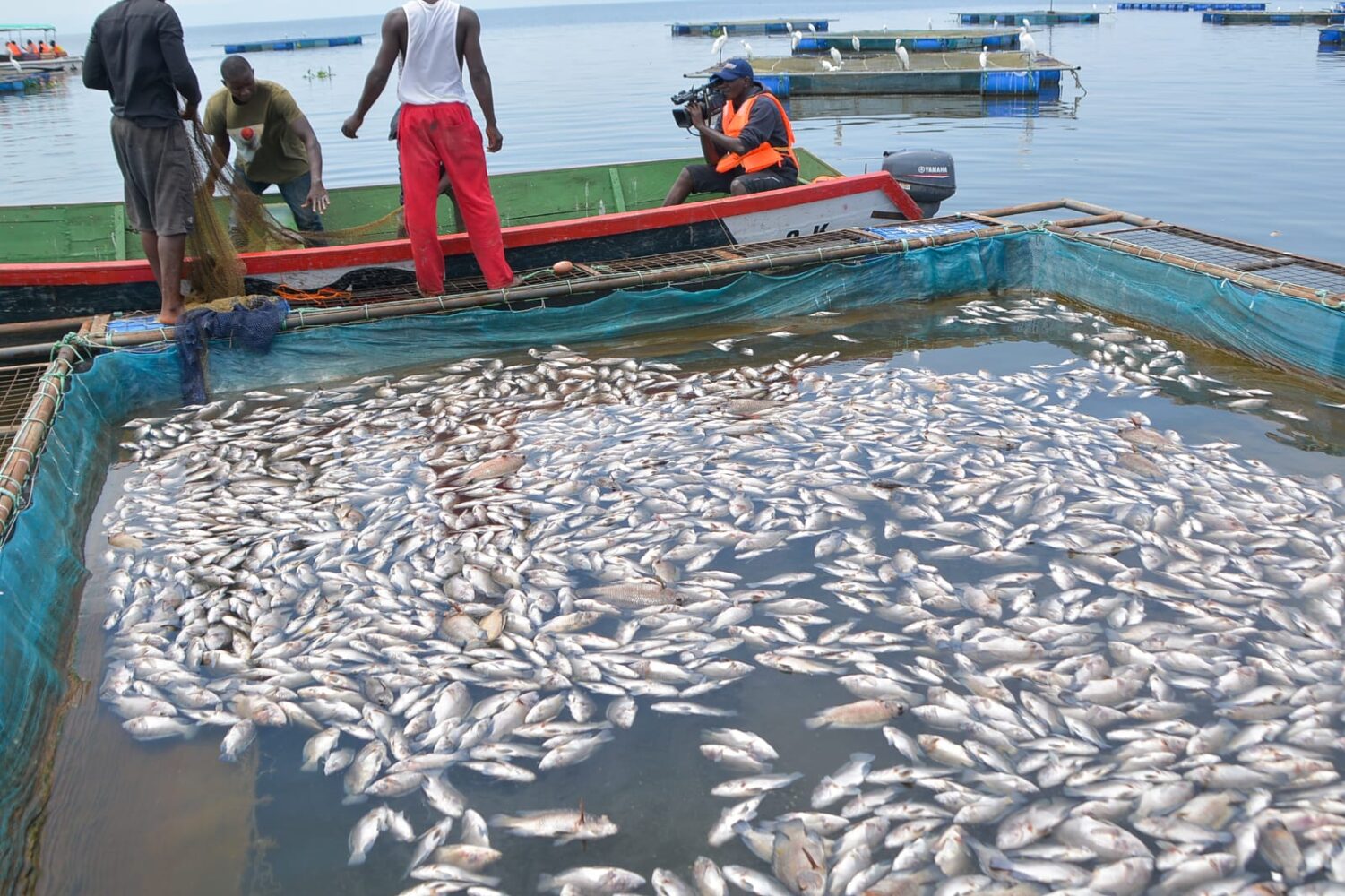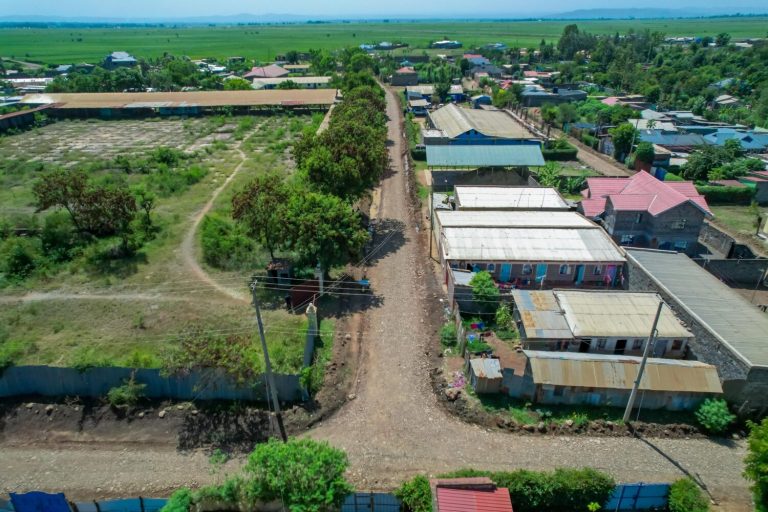The morning sun rose over Lake Victoria, casting golden ripples across its vast surface. But beneath that shimmering beauty, a quiet tragedy was unfolding.
Fish farmers along the lake’s shores woke to a devastating sight, thousands of lifeless fish floating in their cages, victims of a silent killer: oxygen depletion caused by pollution.
More than eleven million shillings worth of fish have perished, leaving farmers in Dunga, grappling with unbearable loss. These were not just fish, they were livelihoods, school fees, hospital bills, and the hope of a better tomorrow. The water that once promised abundance now reeks of decay and despair.
The farmers, many of whom have invested years of sweat and sacrifice into aquaculture, are pleading with the county government to intervene. They fear that if no action is taken, the remaining fish stocks will vanish, and with them, the dreams of entire communities.
Kisumu County Agriculture Minister Kenneth Onyango has called upon the National Environment Management Authority (NEMA) to investigate the cause of the mass deaths. He insists that a thorough environmental assessment is needed to determine whether pollution is to blame, and if so, to hold the responsible parties accountable.
Onyango also urged fish farmers to acquire proper licenses from relevant authorities. With formal registration, he explained, farmers can receive emergency support during crises like this one. It’s a call not just for regulation, but for protection, ensuring that those who feed the nation are not left to suffer in silence.
This tragedy is a painful reminder of the delicate balance between nature and human activity.
Lake Victoria, once a symbol of life and prosperity, now bears the scars of neglect. As the community mourns its losses, one message echoes across the waters: we must act now, or risk losing everything.
By Laban Shikokoti













